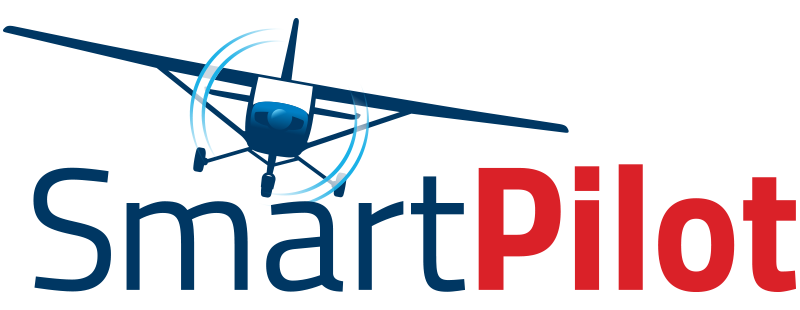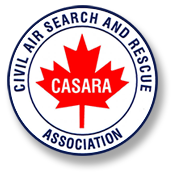Private Searches Before Contacting SAR
A rescue coordination centre (RCC) reported to us recently that two small companies spent several hours looking for overdue boats or aircraft before calling them to report the problem. The first few hours of a search are often critical and it is very important that an RCC become involved as soon as possible. Like most government departments, RCCs have fewer resources spread further apart. They need as much notice as possible so they can get their resources into a search area before dark and ensure that professional search techniques are employed.
Another danger is that amateur search units will generate confusing sighting reports that will downgrade any real reports. RCCs do not see any downside to calling them early because they do not "punish" operators who make mistakes. They do feel, however, that there may be potential for subsequent lawsuits if operators deliberately delay calling them. RCCs believe that there is no problem with companies looking for their own aircraft, but they need a heads-up so they can monitor the situation and position their resources to respond when necessary.
406 ELT Registration — While on the topic of Search and Rescue (SAR), the National SAR Secretariat currently operates a registry for 406 MHz personal locator beacons, called the "Canadian Beacon Registry." All users of 406 MHz emergency locator transmitters (ELT) are requested to complete the registration card that comes with the ELT and forward it and any future changes in ownership or address of the beacon owner to:
Canadian Beacon Registry
National Search and Rescue Secretariat
275 Slater Street, 4th Floor, Standard Life Building
Ottawa ON K1A 0K2
Phone: (613) 992-0079 or 1-800-727-9414
Fax: (613) 996-3746








